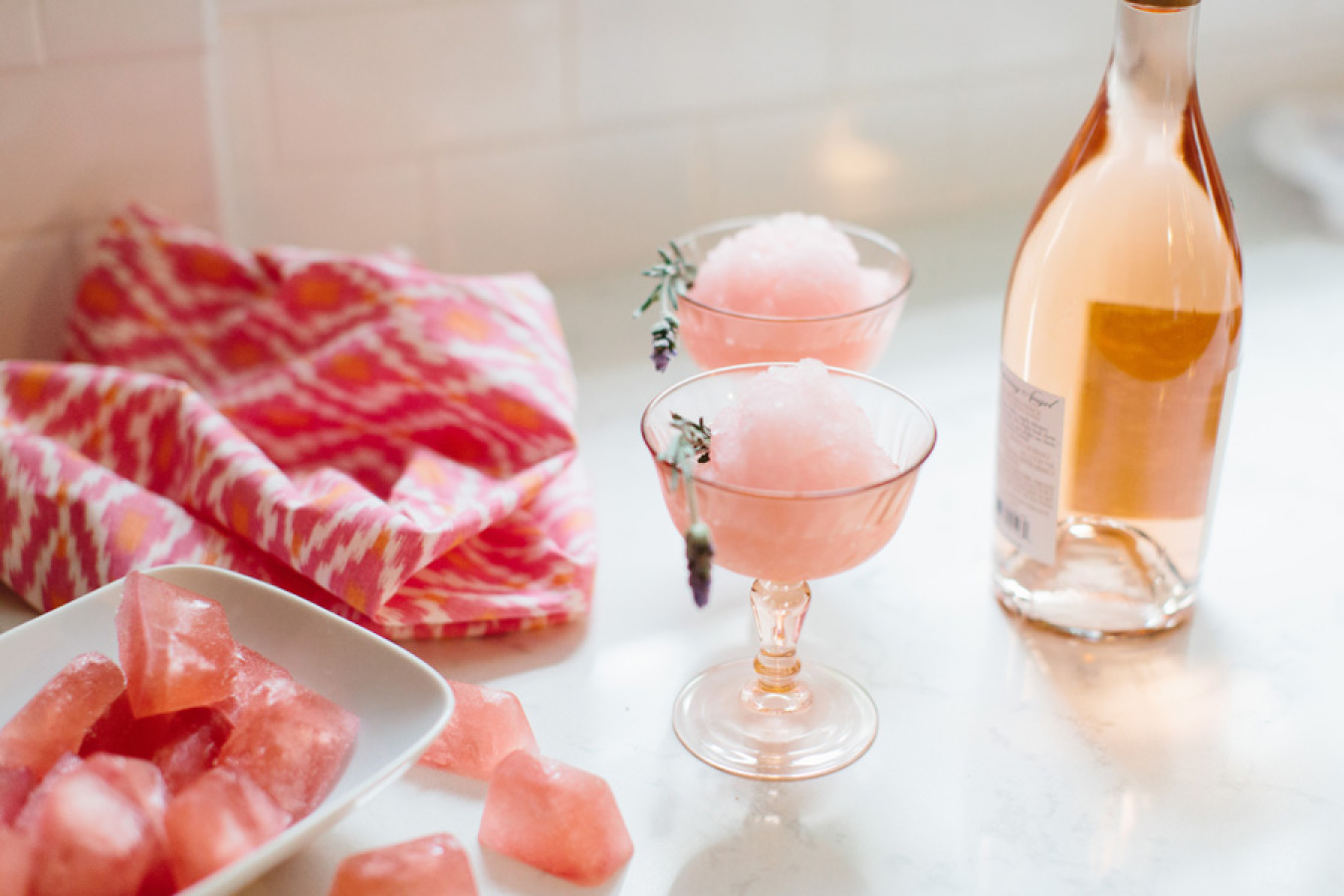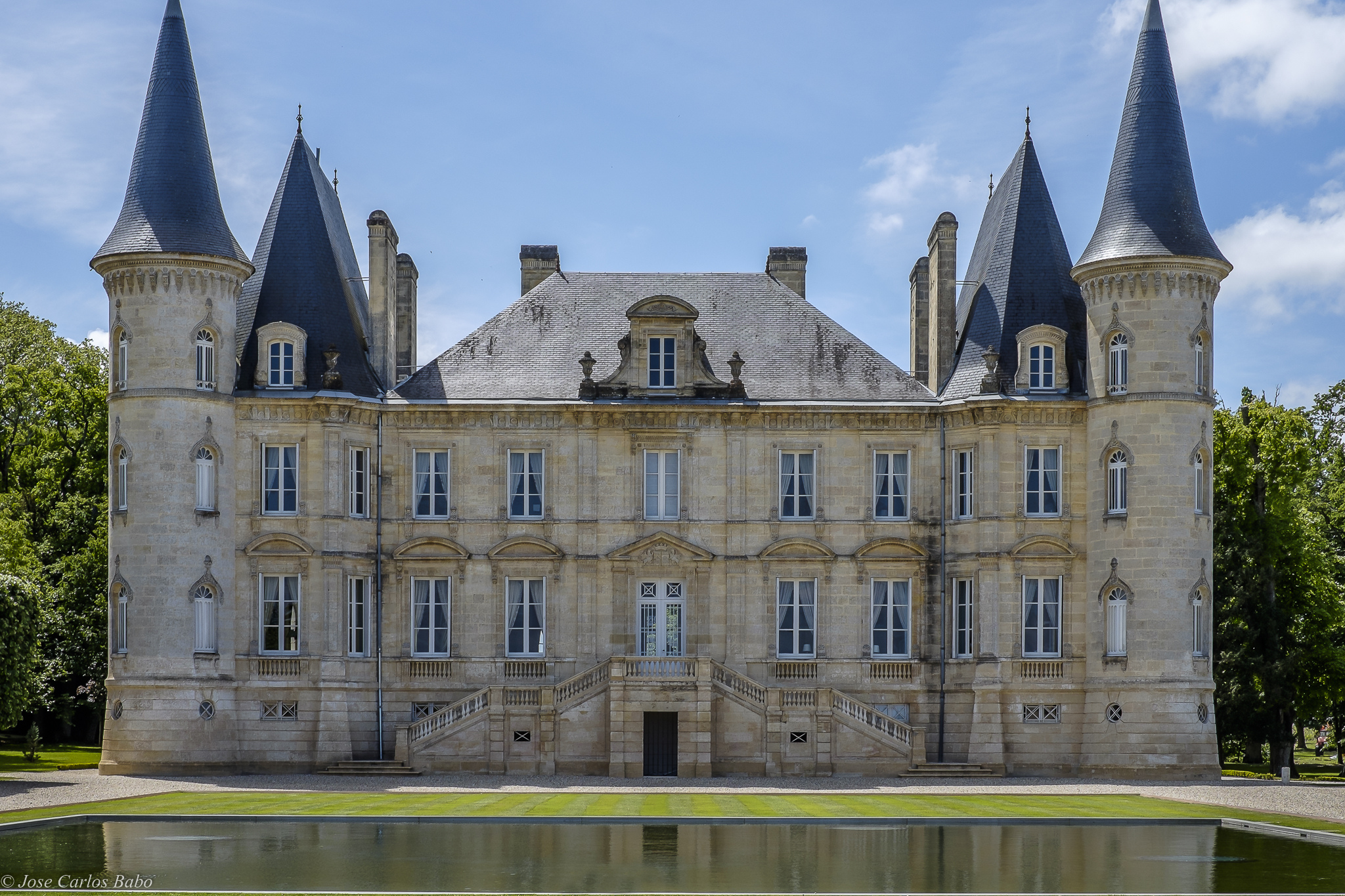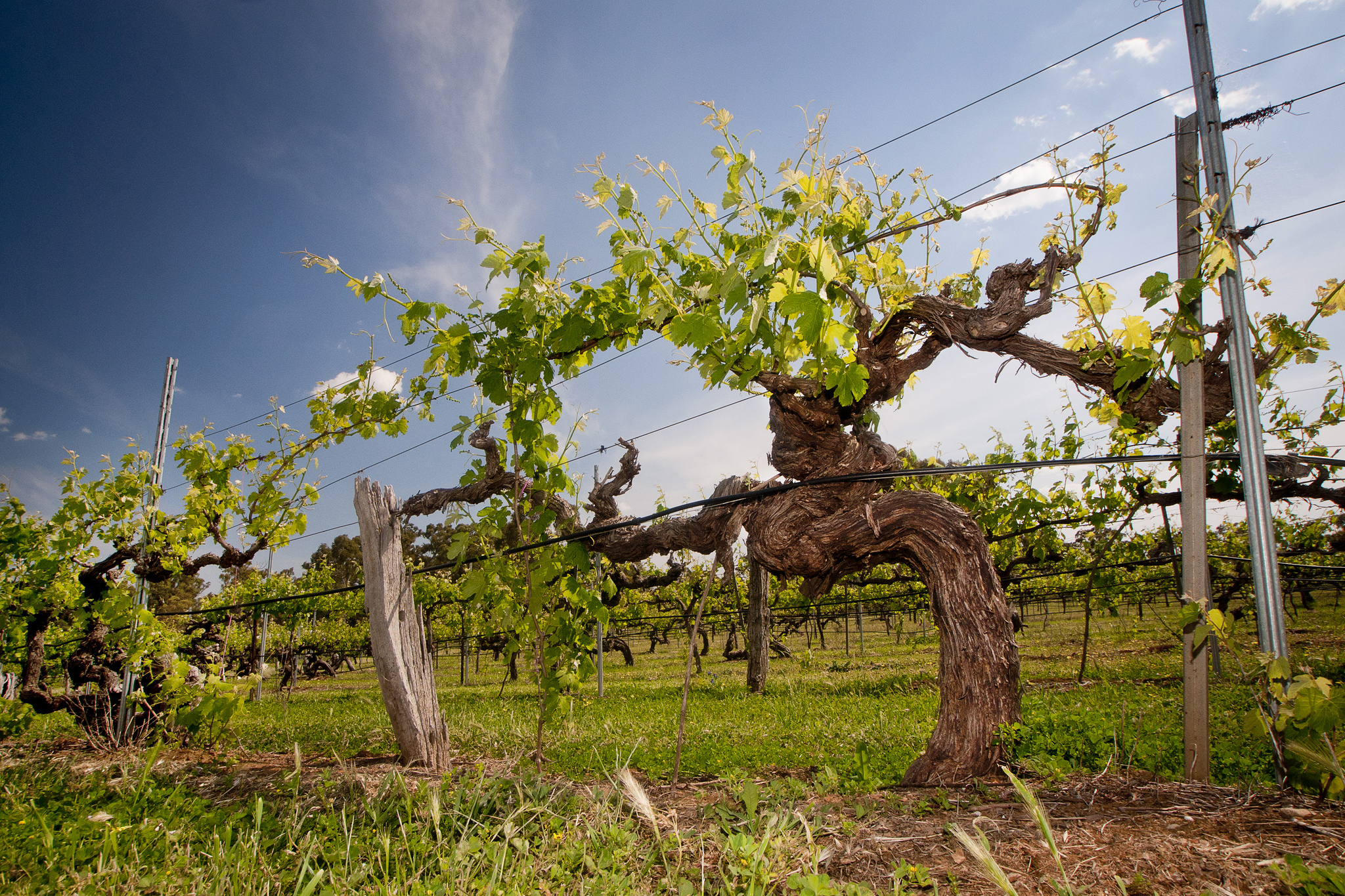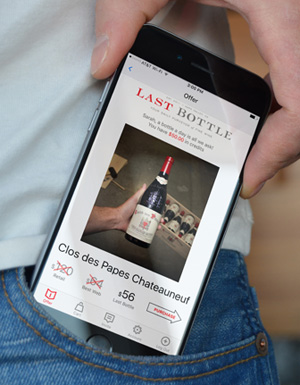You’ve probably heard of the Freemasons, Knights Templar, Skull & Bones, and Illuminati. But these elite wine groups might just be even more prestigious and secretive.
These societies, shrouded in myth and secrecy, conjure feelings of distrust and envy along with endless speculation from outsiders. Many of these shadowy groups hinge on grand schemes of world domination and government subversion.
Those kinds of clubs are great if you want to bring about a new world order, but what if you have less nefarious desires? Maybe you just want to kick back and enjoy some really good food and wine with like minded folks.
It just so happens some very elite wine societies exist. But good luck becoming a member…
Commanderie de Bordeaux
Perhaps no surprise that one of the preeminent wine regions has one of the most far reaching worldwide organizations backing it. For people who really love to drink and buy Bordeaux wine the Commanderie de Bordeaux is the clear choice if you want to mingle with like minded compatriots.

The Commanderie materialized after Henri Martin, proprietor of Château Gloria, saw how successful Tastevin of Burgundy was at reinvigorating exports to the US after WWII. So Martin founded the first chapter in 1959 in New York, followed by ones in New Orleans, Los Angeles and Philadelphia. Today there are 34 Commanderie chapters in the USA containing 1,200 members. More than 80 chapters exist worldwide with new ones added fairly frequently in cities around the world.
Joining, however, is not just a matter of filling out a form and paying dues. The New York chapter has a two year long wait list for starters. Membership requires jumping through a few hoops. First you take a rigorous written and oral exam to show you’re no dummy about wine. Then you must host a dinner with two members, serving them wine from their cellar – which includes some coveted first growths ideally corked before the Reagan administration. Finally you pay the dues, which vary between clubs, but usually come in around $1,000 per year.
Club de Tresors, aka “Special Club”
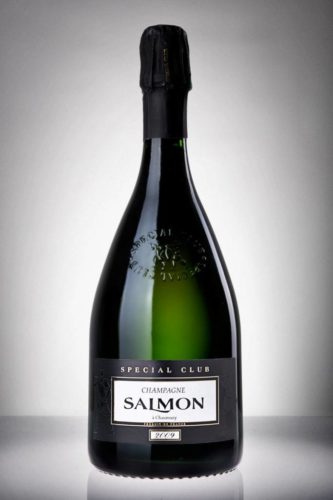 Club Tresors de Champagne, more commonly known as Special Club is our favorite of the bunch. Even though 99.9% of the world has zero chance of becoming a member, we can all live vicariously through them.
Club Tresors de Champagne, more commonly known as Special Club is our favorite of the bunch. Even though 99.9% of the world has zero chance of becoming a member, we can all live vicariously through them.
The group’s primary aim is to showcase the very best expressions of wine from Champagne.
Traditional large scale producers like Moet and Ruinart source grapes from growers all over the region, and craft their wines in a “house style” that remains very uniform from year to year. In other words they don’t reflect any specific sense of place.
Special Club is made exclusively of grower/producers who are passionately devoted to producing great wines that showcase the unique terroir of specific regions and vineyards within Champagne.
They follow a strict set of rules governing production. Here’s how it works. First they taste all the wines from a particular vintage, in still form, and only if they decide the vintage is worthy. If it is, they bottle the wines and try again in three years. Then, and only then, if the wine is still good enough, they release it to market where anyone can buy it. Every winemaker must make the champagne entirely on their own premises, using grapes harvested from vineyards they own and manage.
We are especially partial to Champagne Salmon, but highly recommend trying any Special Club bottling you come across. The experience is totally worth it.
Confrérie des Chevaliers du Tastevin
If you watch Shark Tank perhaps you’ve heard Mr Wonderful use every opportunity to remind his fellow sharks and viewers about his most excellent taste in wine and his membership in this elite group of people who drink very fancy, very expensive Burgundy.
He’s talking about the Chevaliers du Tastevin.
In English, it means “Fraternity of Knights of the Wine-Tasting Cup”. Headquarters are none other than Clos de Vougeot but they have chapters around the world. Their goal is “to hold in high regard and promote Burgundian produce, particularly her great wines and regional cuisine. To maintain and revive the festivities, customs and traditions of Burgundian folklore,” and to encourage tourism to Burgundy.
Mostly though, they organize elaborate dinners and drink crazy good wines while reminiscing about last weekend’s epic fox hunt or polo match.
Members wear ornate red and yellow robes during initiation ceremonies, where the new inductee is given the honorary “tastevin” or tasting cup. This shallow saucer made from silver which is used, as you might guess, to taste wine.
The club does have more than 10,000 members worldwide but that doesn’t mean it’s easy to get in. Only about 7 or 8 members get into the NY chapter each year for example, so it’s still fairly exclusive.
1243 Bourgogne Society
If the Tastevin club seems clogged with too many sub-$1m-net-worth undesirables among the ranks, there’s another, even more elite option, where they drink even rarer and more expensive wines from Burgundy and beyond. We’re talking bottles of 1978 Romanee Conti and 1869 Yquem.
It’s called the 1243 Bourgogne Society.
Although fairly new, having just been formed a few years ago, their homebase has deep historical roots. It’s actually a small part of the wing of the Hospice du Beaune, built in 1243.
Bernard Hervet teamed up with Olivier Halley to create this exclusive club. Herbet told Forbes in 2016 “We currently have 60 members,” and further “Our maximum will be 100, no more, otherwise it is no longer special. I expect we will be full by next year.” So chances are the doors for membership have closed.
Members can keep 100 bottles in the private cellar and host their own private get together on site. They often get together to taste verticals from rare vintages or wild things like having “dinners with a theme, like vintages ending with the number ‘6’.” They don’t disclose the membership cost but we assumed you probably need a large collection of ascots, several properties (chateaux) around the world, and a private jet to even appear on the radar for joining.
Sure, most of these clubs are out of reach for the more bourgeois wine lovers out there but that doesn’t mean you can’t start your own.


